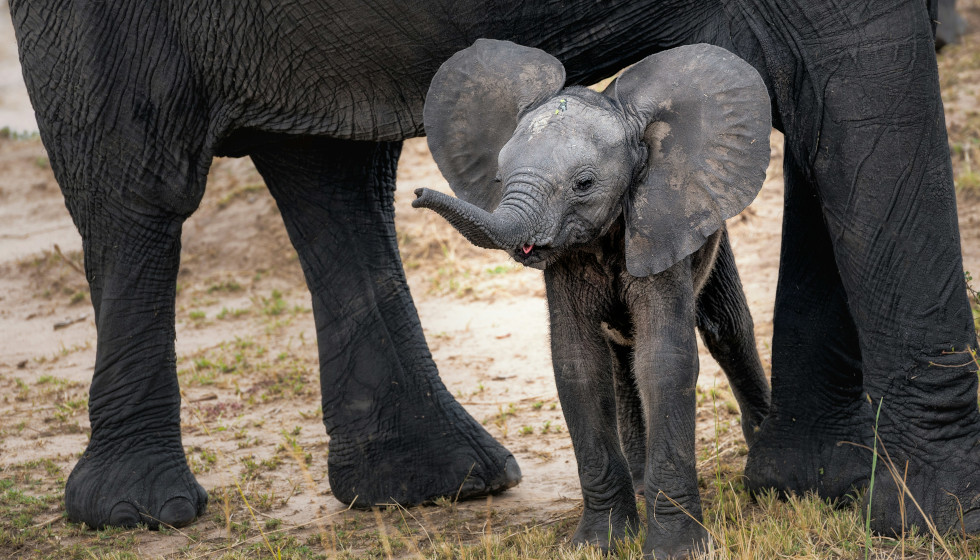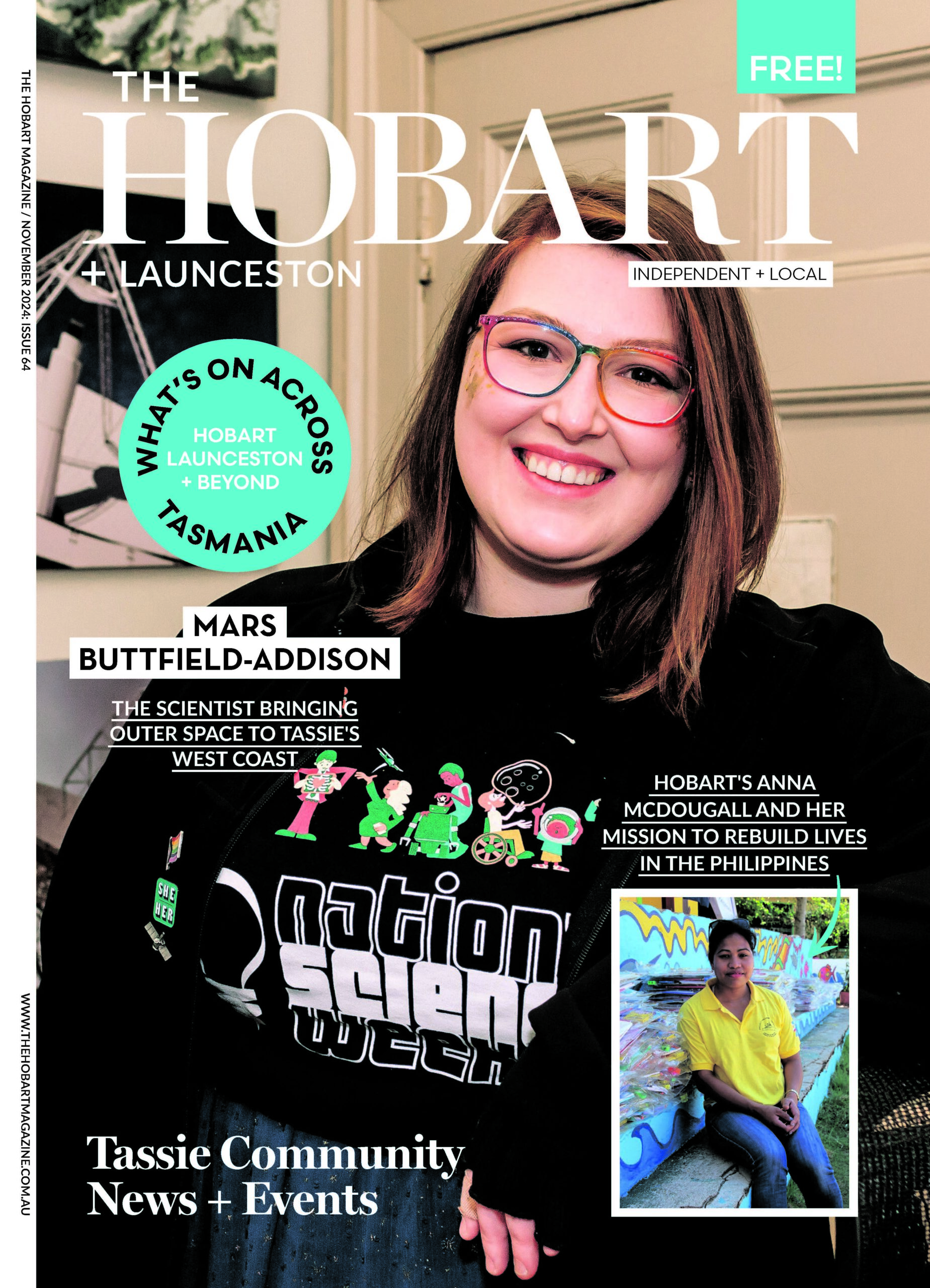It’s all Your Fault
by Annia Baron

You’re sitting at your favourite café having a chat with a dear friend. The two of you are talking openly about all the struggles you’ve been experiencing – the stress, the let downs and the overwhelm.
You explain how the disappointments and constant pressure are devouring your spirit. That no matter what you do, you can’t seem to catch a break. A man in a dusty, mix-matched suit overhears your conversation, and approaches your table. He apologises for interrupting and begins laughing uncontrollably. Looking at you, he declares,
“Everything you’re complaining about is actually your fault.” Then he walks away.
You and your friend look at one another with confusion. After a moment of silence, she interjects, “What on earth? What’s his problem?” You’re lost for words. “Don’t worry, he’s probably just some creep,” she adds.
You get on with your day, order another coffee, run some errands and pick up ingredients for dinner. You try not to let what happened bother you, but it does. You can’t stop thinking about it. You’re annoyed and on edge. Your mind starts coming up with clever one-liners that you wish you had said in response to that smug weirdo. Like the finest defence lawyer, you hear yourself proving your case to this critic who doesn’t know anything about you or your struggles!
A week passes, but you can’t shake off the uncomfortable thought, “What if he’s right? What if it is my doing? All of it – job stagnation, relationship disparities, financial roadblocks, health problems, and missed opportunities? What if my attitude, my thoughts, my habits, and my expectations are the sole cause of my unhappiness? Not my boss, but me. Not my partner, but me. Not the world, me.” Then something surprising happens.
All judgement softens. It’s as though a weight has lifted, and your epiphany is clear. “Rather than things happening to you, they’re happening because of you. And if you have the power to cause something, that means you also have the power to change it.”
This idea of becoming radically accountable ignites a sense of optimism. You decide to run with it. You tell yourself that for the next few months, whenever something goes wrong, you’ll ask these questions:
- What of mine has contributed to this (e.g., my beliefs or expectations about how things should be).
- What in my life am I avoiding? For example, sidestepping important conversations, dodging chances to express my needs, or not committing to my goals, boundaries or meaningful pursuits.
- If a part of me made this happen, is there a lesson that my higher self wants me to see?
It’s not easy. Some weeks you get a bit lazy and forget, but you practise with earnest intention. Six months later, your same friend is back in town. She suggests you catch up at the same café. When you arrive, you sit in the same spot and order the same coffee, but everything has changed. “Wow, so good to see you. You look incredible!” she says. You smile without restraint. Your face emanates a vibrant glow, and your stance is soft, open and ready.
“I know,” you beam. “I’m happy…and it’s all my fault.”
Living in a world that poses many challenges, it’s understandable that when we’re down, we can feel defensive. But sometimes an unexpected, jarring experience can be disguised as the greatest act of love. The more we shine light on our blind spots and consider new ways of thinking about ourselves and our actions, we grow more adaptable. Here, in this space of surrender is where true power lies.
Are you willing to explore this, within yourself?
Do you choose to be the effect of your life or are you ready to become the cause?
Did you know? The Mirror Test is used when a researcher discreetly marks an animal with a sticker or coloured dye and then presents the animal with a mirror to observe their reaction. Animals with self-awareness will shift their body to get a good look at this strange alteration and try to remove it. In 2006 at a zoo in New York, elephants used a mirror to inspect themselves, explore inside their own mouth, and even showed interest in trying to see what was behind the mirror. Elephants are known to be intelligent, empathetic, and altruistic, and this mirror test made them the first non-primate land mammal to show true self-awareness.
Annia Baron is a Clinical Psychologist & Mindset Coach. Want to learn more about mindset tools to create a life you desire and deserve? Get in touch on Instagram @anniabaron or visit www.remindyourself.com

